Graham Reid | | 3 min read
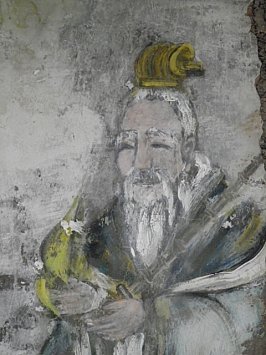
When I studied Chinese Philosophy at the University of Auckland I was at a disadvantage.
After a young European woman bailed in week two I was the only non-Chinese student in the small class – about a dozen of us – and the lovely professor (Chinese, of course) would sometime lapse into excited Mandarin for a few sentences which went straight past me.
I also seemed to be there for a different reason: I wanted to learn and it struck me the other students just wanted to pass.
I didn't ask questions that often (once every three weeks) but when I did there was an almost audible sigh from the other students because they just wanted to copy down everything the esteemed professor was saying.
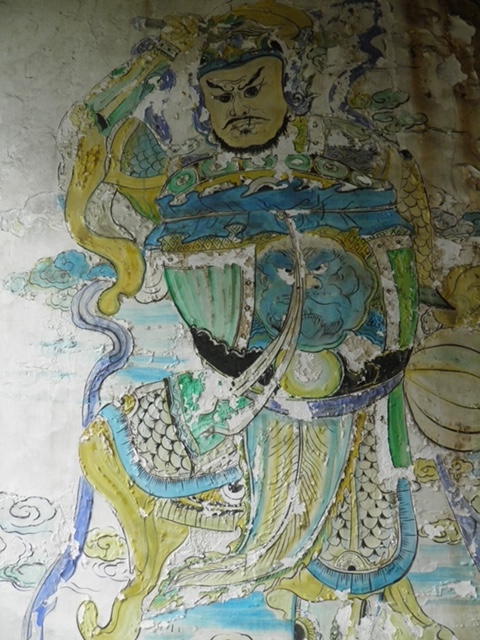 I think they thought I was being disrespectful to a superior.
I think they thought I was being disrespectful to a superior.
I dunno.
But he was a nice man, very patient and seemed to enjoy answering my few questions, most of which I took to asking after the lecture when the others had quickly packed their bags and rushed off.
He was also funny.
When we got around to Zen and there was an essay topic on it he said we were obliged to write an essay answer and not just shout “Ha!” or clap our hands (which might have been acceptable Zen responses).
He said the essay was not to be the sound of two hands clapping.
He and I both laughed at the joke, the other students diligently wrote down what he said.
There were occasional language problems for me, like when he constantly mentioned “filoparty” in the context of teachings by Kong Fuzi and Meng Ke (Confucius and Mencius).
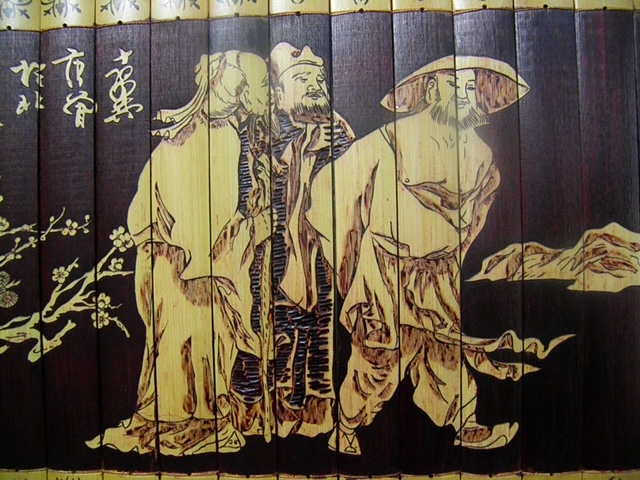
“Filoparty”?
I tried looking it up but to no avail.
It wasn't until the following week when he picked up the thread again and -- in an aside which might have got him into strife -- indicated he was no great fan of Mao Tse-Tung because, if for no other reason than being a mass murderer and so on, he did not observe “filoparty” in relation to his own father.
Ha!

In retrospect that one had been easy, but week after week he would reference what sounded like “Ah Choo Lee” and how important he was.
Again I scoured my many thick text books – and they were bloody huge – for this name and variants: Ah Chu Li, Ah Zhou Li, Ah Xiou Li, Ah Choo anything at all . . .
Nothing.
And yet time after time he would say, “Ah Choo Lee very important”.
Even I wrote that down.
This went on for a few weeks and I was determined to crack The Mystery of Master Li, until I gave up and figured I should just ask him. After the lecture.
But on the very day I was about to pluck up the courage of my ignorance it became clear.

He was saying “actually”.
I didn't laugh aloud then but certainly did later as I floated along full of relief and “filosofee”.
I passed the paper. An A- if I recall.
But I didn't pursue the subject.
Ah Choo Lee I headed off to Italian Film and Literature.
.
These entries are of little consequence to anyone other than me Graham Reid, the author of this site, and maybe my family, researchers and those with too much time on their hands.
Enjoy these random oddities at Personal Elsewhere.

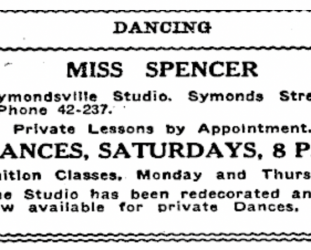

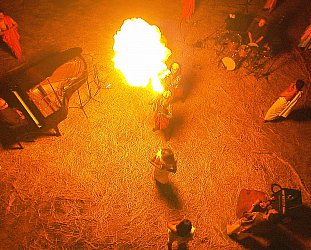

post a comment